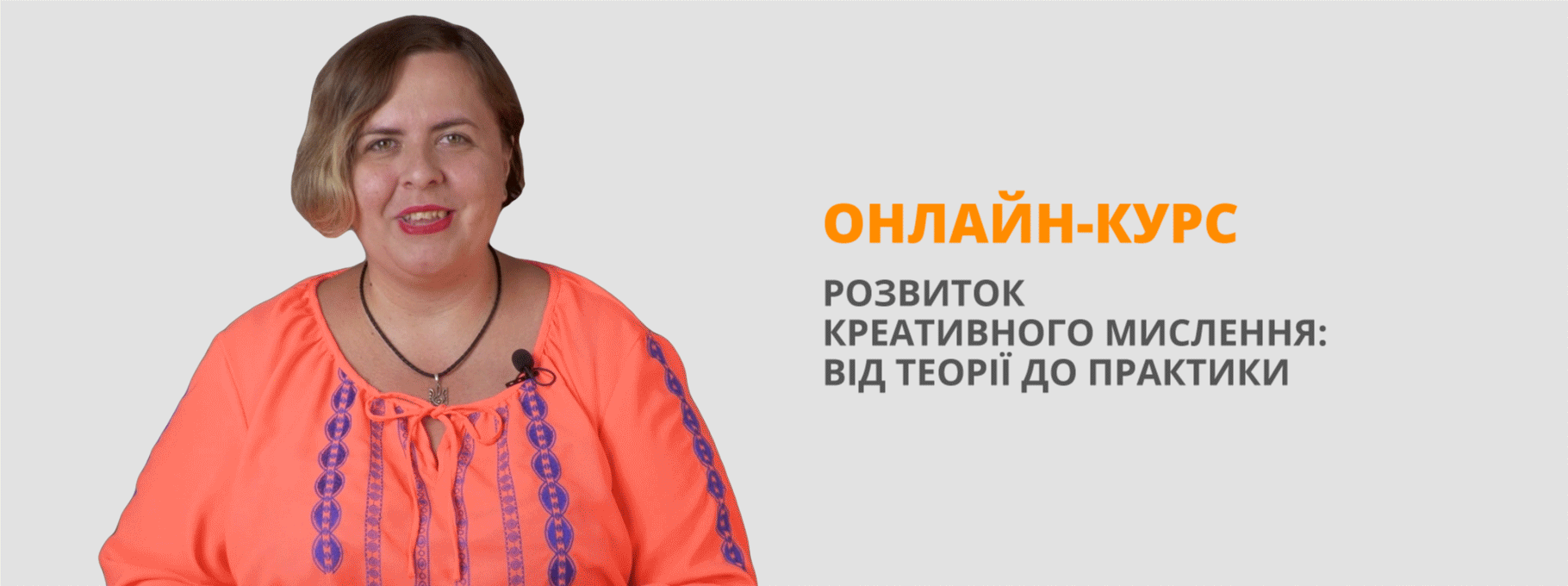Writing 8 form I term
- We use the Present Continuous Tense for something that is happening ... .
- Present
- Regularly
- At the moment
- We use the Present Simple Tense for something that happens ...
a) Present
b) Regularly
c) At the moment
- Which of the present tenses describes an action that happened at an indefinite time before the present?
b) Present Continuous
c) Present Perfect
4. Which of the present tenses is used to describe something that is generally true?
b) Present Continuous
c) Present Perfect
5. Complete the text with the Past Simple of the verbs in brackets. What did Jack do yesterday morning? Jack … (sleep) until 6.30 am. He … (get) up at 7.
b) slept, got
c) sleeped, geted
6. Compare these people with the help of ‘as … as” or ‘not as/so … as’. Bill and Tom are good pupils.
a) Bill and Tom is good boy.
b) Bill is good pupil Tom.
c) Bill is as good pupil as Tom.
7. Compare these people with the help of ‘as … as” or ‘not as/so … as’. Brenda is better at skating than Lisa.
a) Lisa is not so good at skating as Brenda
b) Lisa is not so good as Brenda
c) Lisa not good at skating Brenda
8. Fill in the gaps using the Present Simple or Present Continuous. Peter …(work) in his studio every day.
a) Peter works in his studio every day.
b) Peter are working in his studio every day.
c) Peter is workking in his studio every day.
9. Fill in the gaps using the Present Simple or Present Continuous. The show … (begin) promptly at 9 pm on Thursday.
a) The show is begining promptly at 9 pm on Thursday.
b) The show are begining promptly at 9 pm on Thursday.
c) The show begins promptly at 9 pm on Thursday.
10. Complete the following sentences using the right future
tense of the verbs in brackets. I think you …(like) Scotland.
a) I think you are like Scotland.
b) I think you will like Scotland
c) I think you likes Scotland.
11. Complete with ‘should’ or ‘shouldn’t’.
If you have a temperature, you … stay in bed.
Yes. The doctor says that I … go to school before Monday.
b) should, shouldn’t
c) shouldn’t, shouldn’t.
12. Put the words in the correct order. may / our cousins / not / We / visit
a) our cousins may not visit We.
b) We may not visit our cousins.
c) We visit our may not cousins.


про публікацію авторської розробки
Додати розробку
